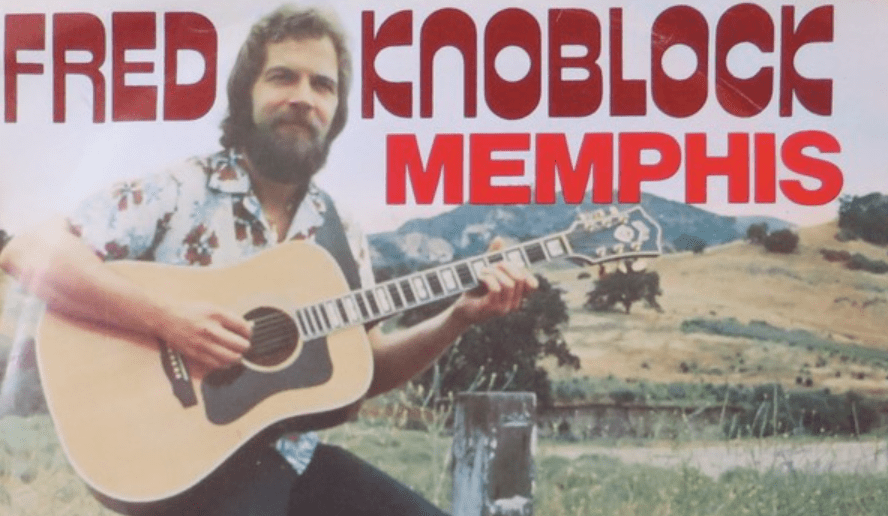
Studio portrait of Sid Salter. (photo by Beth Wynn / © Mississippi State University)
By: Sid Salter
Leilani and I journeyed to the AK Diamond J Ranch near Homer, Alaska on Kachemak Bay on the southwest side of the Kenai Peninsula for the wedding of Rachel Klimetz to Jimmy Wingerter on August 19 – and it was worth every moment of travel to “The Last Frontier.”
Rachel is the daughter of my late twin sister Sheila Salter Klimetz. Jimmy and Rachel live in Chugiak outside Anchorage, where Rachel is a kinesiologist and Jimmy is a senior construction manager for Hilcorp Energy Company. They married on the side of a mountain against the backdrop of the Grewingk Glacier at the picturesque, isolated ranch. Rachel’s sister Hannah Klimetz Carpenter was the matron of honor
Upon reuniting with my nieces in Alaska, Hannah told us that she and her husband are expecting their first child in February 2022. The combination of seeing one niece get married and learning that her sister is going to produce my twin sister’s first grandchild made the nearly 5,000-mile trip (nine hours flying time and five hours of driving) a small price to pay for the joy of those moments.
Leilani and I stayed at the aptly named Land’s End Resort at the very end of the Homer Spit – a geographic coastal landform believed to be caused by the deposition of sand by the movement of tides. Spits are narrow and elongated—with one end attached to the mainland and the other out in open water.
The Homer spit is primarily black sand and round stones smoothed by tidal pressures and the march of time. We stayed on the Kachemak Bay beach at the end of the spit – across from the magnificent Grewingk Glacier. The scenery and the cool temperatures were very different from Mississippi – majestic, snow-capped mountain peaks, massive high range ice fields, deep blue coastal waters from the Pacific’s Cook Inlet, and wildlife galore.
Since the 1960s, young people and sport fishermen have flocked to The Spit in the summer months, much as spring breakers flock to Pensacola, Panama City, and Destin in Florida. Many restaurants and food trucks offer every cuisine from fish and chips to Thai food in a funky, touristy fishing village that bills itself as the “Halibut Fishing Capital of the World.”
We also visited the Russian Orthodox Transfiguration of Our Lord Church in the village of Ninilchik in the Kenai Peninsula – an Alaska Native coastal village settled early by the Aleut and Alutiiq and in the 19th century along with Russian and Creole settlers. The men of the tiny village – with names like Kvasnikoff, Oskoloff, Kompkoff, and Astrogin – served the U.S. honorably in all wars since the church was founded in 1901 as memorialized by an American Legion memorial marker.
Alaska was granted statehood on January 3, 1959, two weeks before my birth. The young state is one of America’s wealthiest in terms of natural resources – particularly crude oil, coal, and other fossil fuels. Alaska is larger than Texas, California and Montana combined.
But at the same time, with only 1.3 people per square mile and less than 740,000 citizens, Alaska is less than a third of the population of Mississippi. It’s the most sparsely populated U.S. state. Still, the poverty rate there is about half that of Mississippi.
Homelessness is a troubling issue, along with gun violence, isolation, and suicide. In 2020, Alaska reported a 26.6 estimated rate of suicide per 10,000 residents. Alaska has the highest rate of gun death in the U.S., and a whopping 69 percent of those gun deaths are reported suicides.
Since 1982, Alaska has given all state citizens an annual dividend check from the $66 billion Permanent Fund. Alaska deposits at least 25 percent of mineral royalties — revenue the state generates from its fossil fuel reserves — into the fund. But in recent years – like Mississippi’s ill-fated Health Care Trust Fund – Alaska’s lawmakers cut payments after market influences reduced income.
Alaska has complex political and socio-economic problems – but for the sheer “Wow!” factor glancing in almost any direction, it’s hard to beat her natural wonders. Of course, many say the same thing about the red glow of sunset falling behind the Natchez-Vidalia Bridge over the Mississippi River from the high side of “Under The Hill.”









